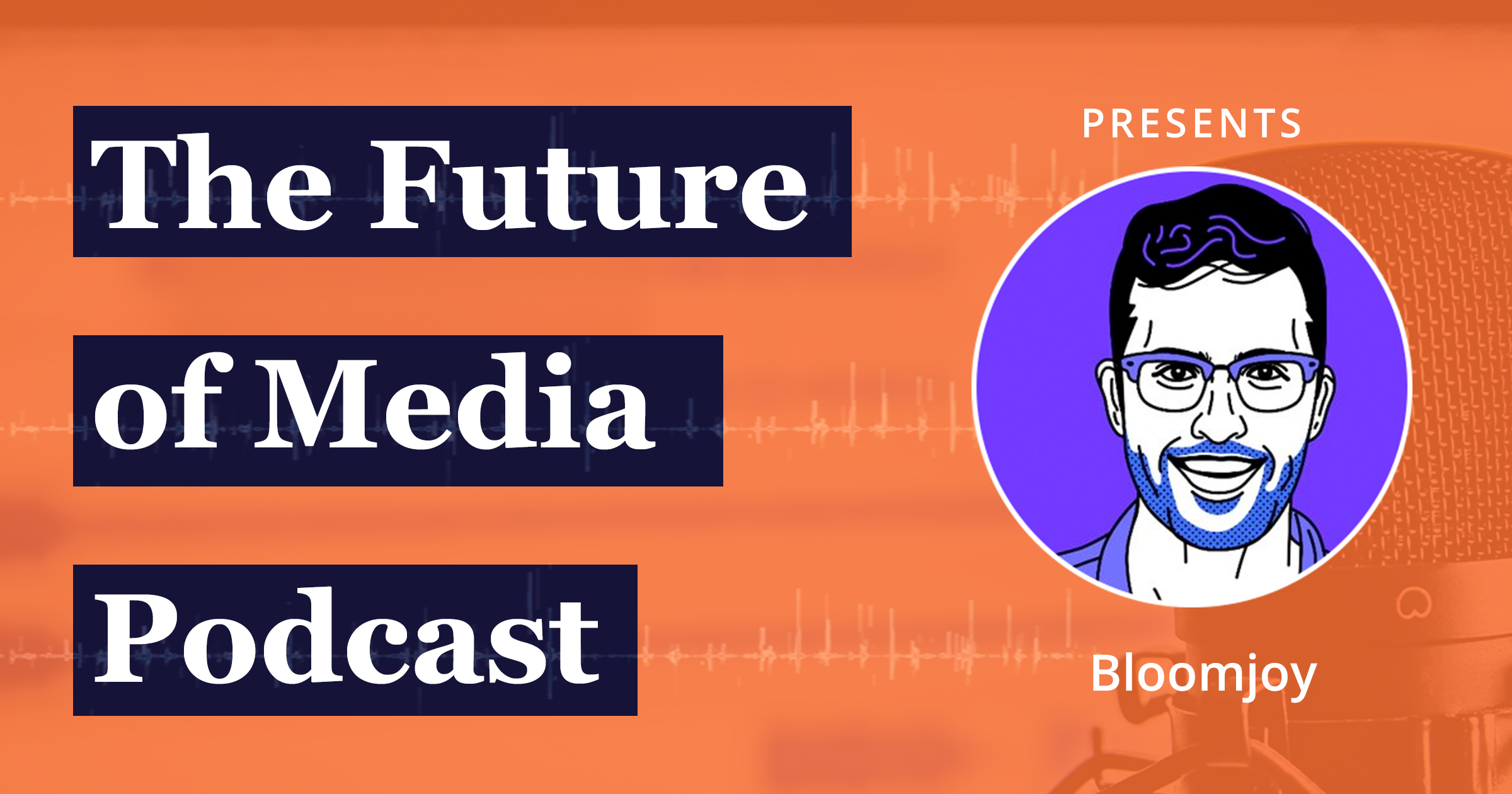
For Creators Who Want to Make Good Content and Do Other Stuff Good Too
Vast resources are wasted on unoriginal content, causing creators big and small to miss huge upside. Here's some practical advice on how to turn things around, and what the implications will be for the future of content marketers, influencers, and media companies.
Guest

Jason Mustian
CEO and Co-Founder
I'm a Shorty Award-losing, Webby-winning digital media executive & entrepreneur determined to make the internet less shitty. Currently, I'm CEO of BloomJoy — the first easy and cost-effective way to license content from the world's top publishers, bloggers, and brands.
Key Takeaways
- 1Don't waste creative resources on rehashing the same topics as everyone else
- 2The ROI of original content is very high. Take a chance, be different.
- 3Create content people like, back it up with numbers, and you have a business.
- 4Influencers have a very undervalued audience that can be better monetized
- 5Some of the best media companies of the future will run off influencer audiences
- 6AI will cut down the expense of content creation and increase margins.
- 7Don't be misled by superstitious Facebook "Voodoo". Follow best practices.
Listen on Spotify
Full Interview
P: Hey Everyone, today I'm here with Jason the CEO of Bloomjoy.
J: Patrick, pleasure to be here.
P: I was wondering if you could introduce yourself and share a little bit of what you were working on at Bloomjoy.
J: Sure, I love talking about myself and my company! My name is Jason Mustian I'm the CEO and Co-Founder of Bloomjoy. We are a platform that is designed to help influencers create long term businesses. We do that in a lot of different ways, but the vast majority is building media assets and strategy and monetization around the influencers themselves off the platforms they currently have. One of the biggest problems that a lot of them [influencers] do have is that they don't know how to monetize what they have or they're waiting around for someone to try and make money for them. We try to wrap a full media stack, so to speak, around them so we can help them create a long term more sustainable business. Our thesis being that we think some of the best media companies of the future will actually come from an influencer's audience. We think that's a very undervalued audience and our specialty is undervalued attention. We're trying to help them build for the long run.
Published on February 1, 2019
